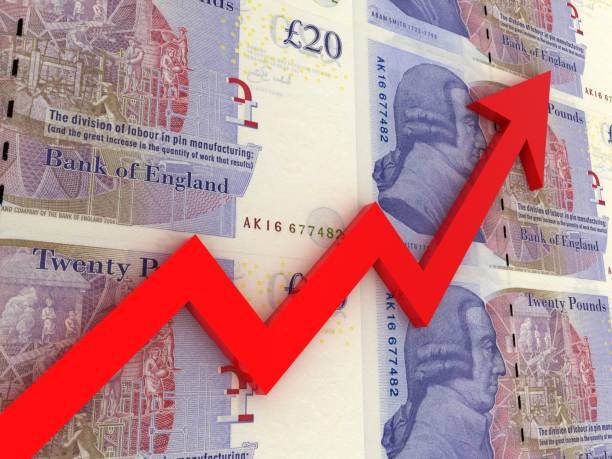The UK economy is under fresh strain as inflation climbs to an 18-month high, intensifying pressure on households already grappling with rising living costs. From higher energy bills to expensive groceries, families across the country are finding it harder to stretch their incomes, sparking concerns about economic stability and household wellbeing. This news is based on UK Inflation Soars to 18-Month High, Squeezing Families.
What’s Driving UK Inflation to Record Levels?
Several factors have contributed to the surge in inflation:
- Energy Prices – Despite global markets stabilizing, UK households are still paying elevated energy bills, adding hundreds of pounds annually to expenses.
- Food Costs – Essentials like bread, milk, and fresh produce have seen double-digit price hikes, making weekly shopping baskets more expensive.
- Rising Rent and Mortgage Payments – Higher interest rates from the Bank of England are pushing up borrowing costs, leaving renters and homeowners with less disposable income.
- Global Supply Chain Pressures – Ongoing disruptions in shipping and manufacturing continue to fuel price increases for everyday goods.
How Are Families Being Affected?
For many families, the latest inflation data means more sacrifices. Parents are cutting back on non-essentials, delaying holidays, and even reducing heating use during colder months. Some key impacts include:
- Reduced Disposable Income – Wages are failing to keep pace with rising costs.
- Increased Debt Dependence – More households are turning to credit cards and short-term loans.
- Lifestyle Adjustments – Families are opting for budget supermarkets, switching to public transport, and postponing major purchases.
Bank of England’s Response
The Bank of England (BoE) has kept interest rates high to combat inflation. While the move is designed to slow spending and stabilize prices, it has also increased mortgage costs and borrowing rates, adding further pressure on households.
Economists are now debating whether the BoE will maintain its tight monetary policy or gradually ease rates to relieve struggling families.
What’s Next for UK Inflation?
Experts suggest that inflation may ease in the coming months if:
- Energy prices continue to stabilize.
- Global supply chain issues improve.
- The BoE carefully balances interest rate policies.
However, uncertainty remains due to global conflicts, currency fluctuations, and economic shocks, meaning UK households may continue to feel the squeeze throughout 2025.
Coping Strategies for Families
While inflation remains high, there are steps households can take to ease the burden:
- Budgeting smartly using digital finance apps.
- Switching utility providers to secure cheaper energy deals.
- Exploring government support programs for housing and energy bills.
- Buying in bulk and choosing discount retailers.
Conclusion
The fact that UK inflation has soared to an 18-month high highlights the economic challenges facing millions of families. With the cost of living rising faster than wages, households are feeling the squeeze like never before. The coming months will be critical as policymakers, businesses, and consumers adapt to an uncertain economic landscape.
Until inflation cools, families will need to find creative ways to manage their budgets and protect their financial wellbeing.

